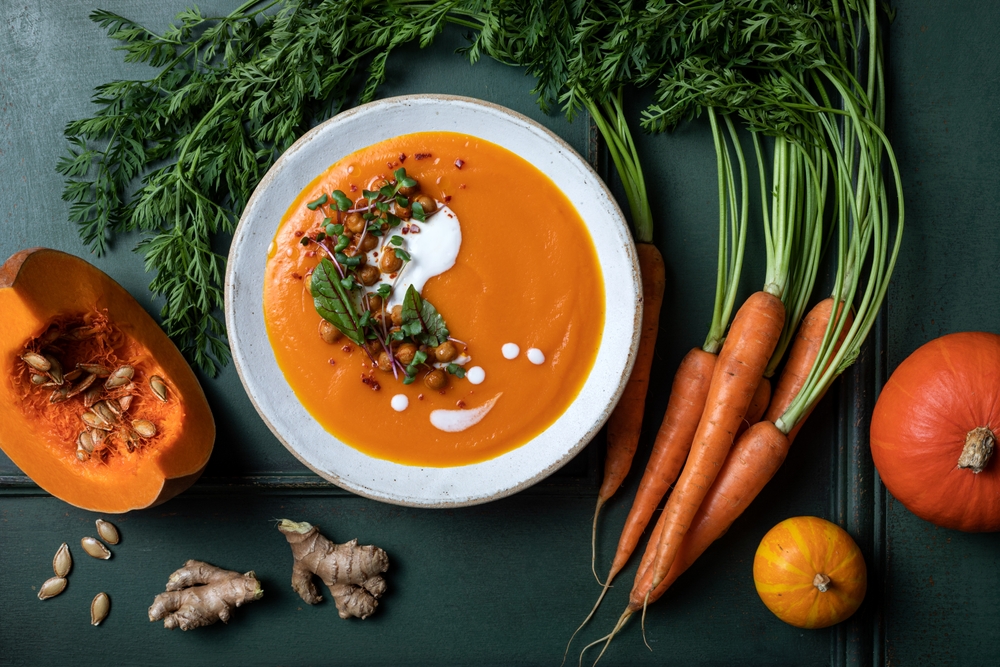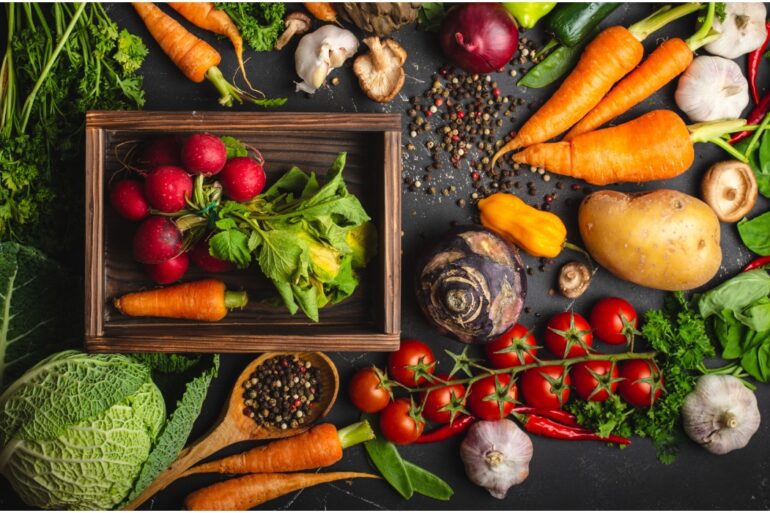The inaugural event in November will feature farmers, producers, chefs, and talks that address food security in the region.
The global movement Slow Food makes a historic milestone as Bacolod opens its arms to the inaugural Terra Madre Asia & Pacific, a celebration of Asia’s colorful food biodiversity, heritage and sustainability efforts in future-proofing food security in our part of the world. Modeled after the long-running Terra Madre Salone del Gusto in Italy, this regional edition will highlight the culinary traditions and food systems of Asia-Pacific while connecting them to the wider global movement.
The launch on September 9 in Forbes Park marked the designation of Bacolod City as the Slow Food Hub in Asia and Center for Sustainable Gastronomy, and Negros Occidental as the Organic Capital of the Philippines. It also offered a preview of delicious food by participating chefs and mixologists.
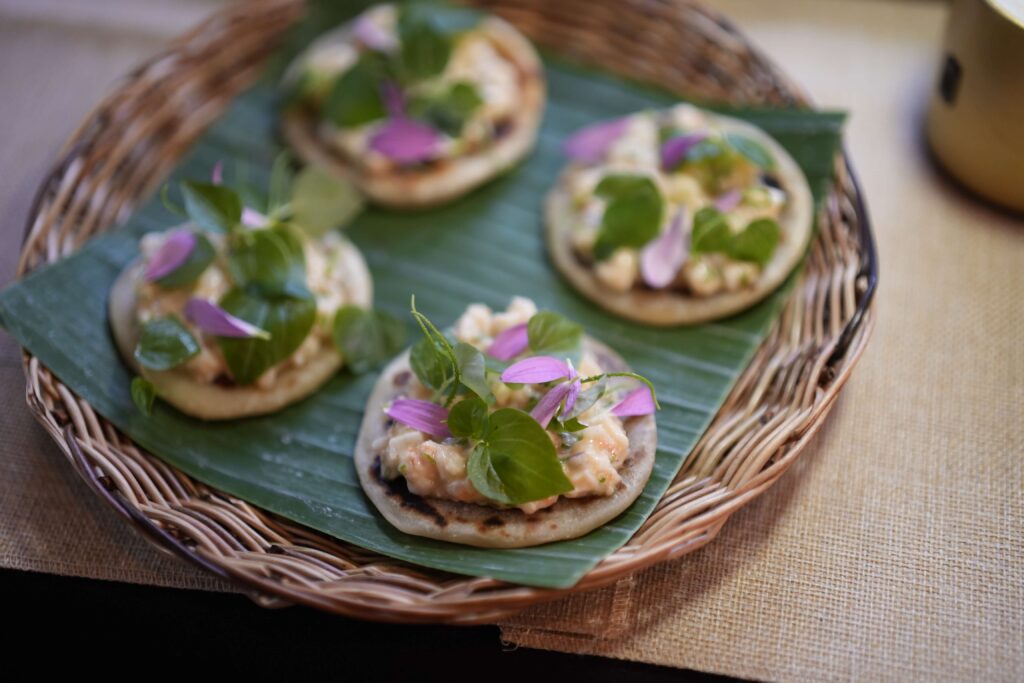


Standout dishes included Kadyos Miso Piyaya with Prawn Salad by Hapag’s Kevin Navoa and Thirdy Dolante; Kumba chef Tina Legarda’s Pili Braised Pork Belly with Inihaw na Talong Crema Inato Coffee Sarsa, Pineapple Mostarda, pickled onions and pandesal; and Pat Go’s Beef Pares Ossobuco with molo soup and Grana Padano cheese—irresistible first impressions showcasing clever use of Negrense and Visayan ingredients.
Related story: Slow food movement is about ‘regeneration—not just sustainability’
Related story: Slow food, big impact: Bacolod’s role in the global culinary movement
Related story: Meet ‘Slow TV,’ an answer to life’s existential dread
All eyes (and palates) on Bacolod
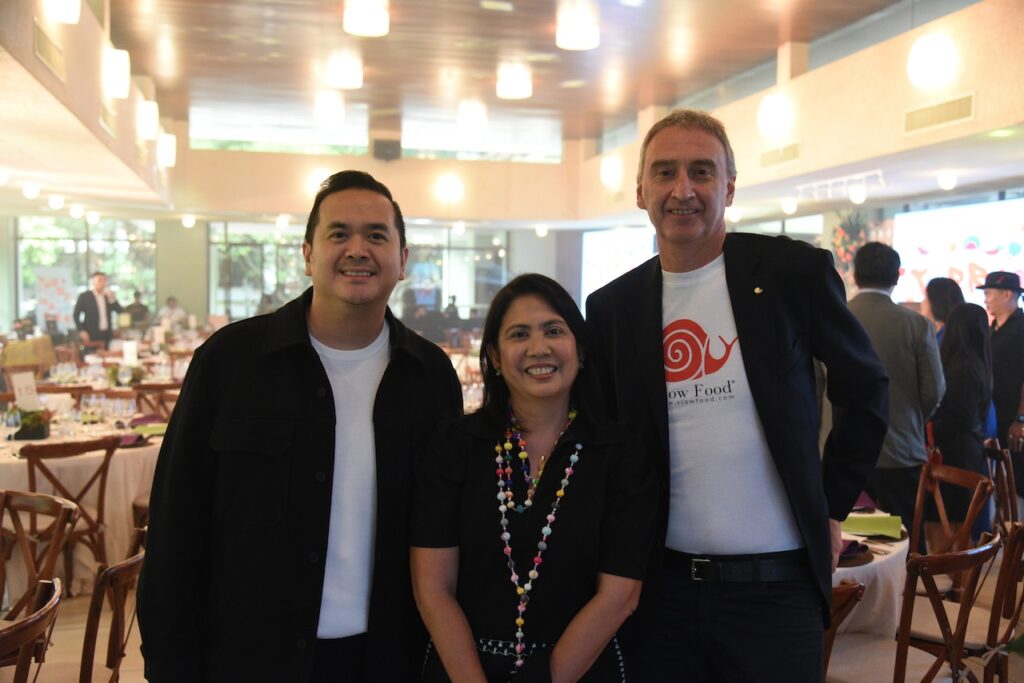


Terra Madre Asia Pacific on November 9 to 23 will offer a rich and diverse program featuring the traditional Slow Food Market, expert-led conferences, Taste Workshops, Slow Drinks, and the Slow Food Coffee Coalition. The event brings together specialists from agriculture, food processing, sustainability, and culture, alongside gastronomic personalities, grassroots workers, farmers, and local government agencies.
“Our goal is to think about the future of food, the future of the planet. And you cannot think of the future of the planet without thinking of Asia,” says Paolo di Croce, General Director of Slow Food International. “You can’t think about the future of food without thinking of Asia—not only because it’s the continent with the majority of people, but because there is an unbelievable richness and diversity that we don’t have to risk losing to what’s coming from the so-called Western World.”
Inspired by Turin’s “Terra Madre Salone del Gusto,” the global Slow Food biennial that attracts thousands at each edition, Slow Food Southeast Asia councilor Ramon “Chin Chin” Uy Jr. and Slow Food Negros President Reena Gamboa reflect on their first participation three years ago and the steady journey leading to this inaugural edition.
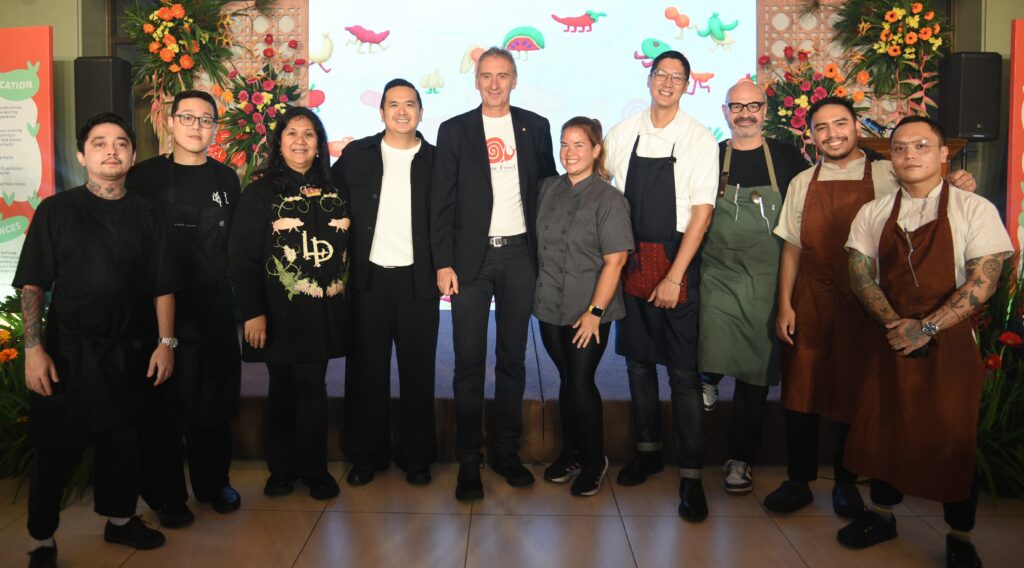


“This is a turning point not just for Slow Food in the Philippines, but for the entire region,” says Uy Jr., an organic farmer, restaurateur, social entrepreneur, and longtime Slow Food organizer. “Terra Madre Asia & Pacific is a space where grassroots wisdom can shape policy, tradition can spark innovation, and the lived experiences of communities take their rightful place in shaping our global food future.”
The province has been acknowledged as the “organic farming capital of the Philippines,” notes Gamboa, with the most organic farmers and land area devoted to organic farming locally, growing exponentially over nearly two decades. “Negros is primarily agricultural, which made the Slow Food movement come naturally since there’s also a strong sense of volunteerism,” she explains. “The main protagonists in Slow Food are the farmers, our co-producers.”
“The rockstars of Slow Food are the farmers,” Di Croce elaborated at the launch. While the movement involves many players who often go unnoticed, they’re now given a platform to be seen and appreciated.
When things are not always fast
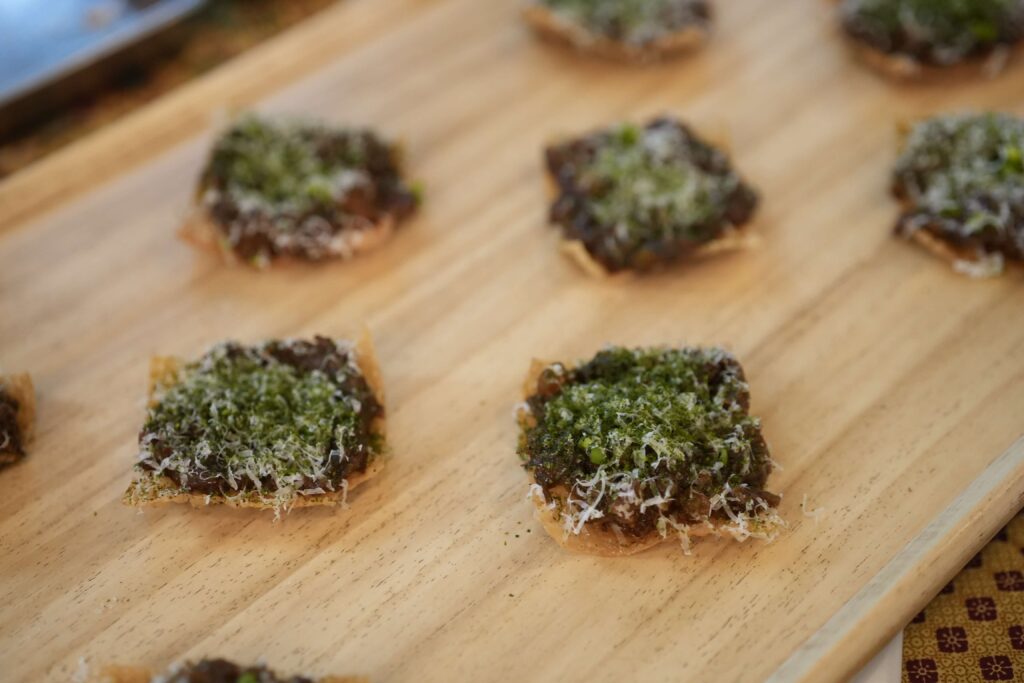


Echoing Slow Food International’s beginnings—when founders resisted an international fast food chain’s entry into one of Italy’s hallowed sites—the movement has evolved to include over 1 million individuals organized in communities worldwide, 4,500 agroecological gardens, 6,000 food producers, 1,300 cooks, and 6,000 identified food products in danger of extinction.
In our convenience-driven world of busyness and shortened attention spans, we rarely think about what’s in our food. For Gamboa and Uy, the movement offers a learning opportunity to discover local ingredients but, more importantly, an invitation for mindfulness and intentionality—recognizing that slow is often the way to go.
This runs counter-culture to our reckless consumption and eating habits, often dictated by multinationals and big businesses—a reality that Gamboa laments. “Seasonality is vanishing and the sense of the natural is disappearing, but nowadays young chefs are looking at and using more local ingredients,” which is a cornerstone of sustainable gastronomy.
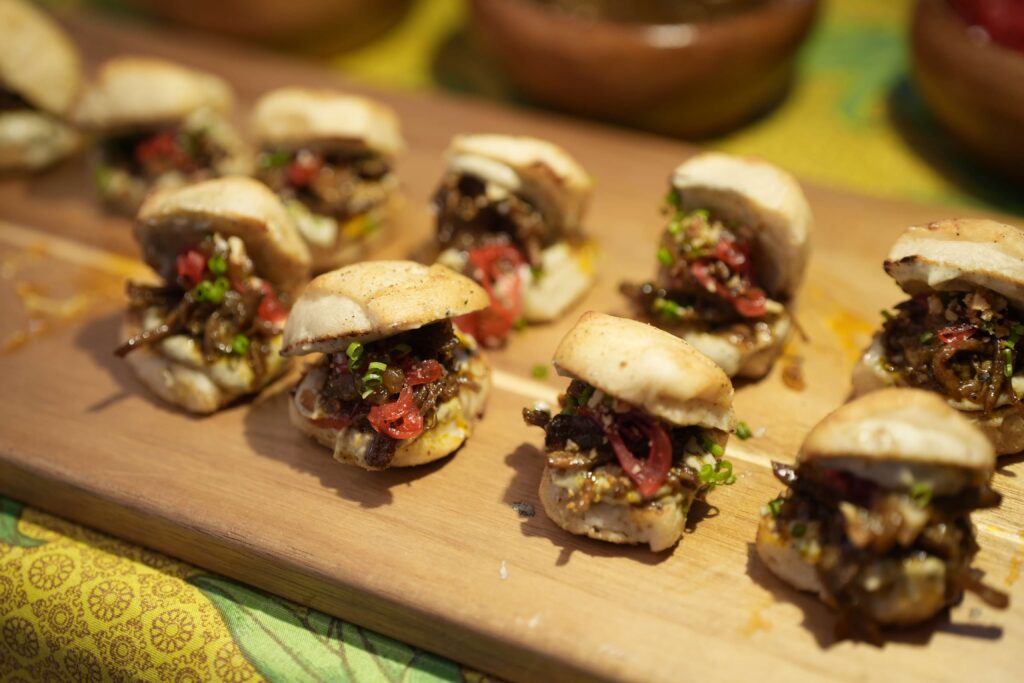


Food sovereignty “means we dictate what we eat,” she explains. “We have to fight as the people who eat,” citing not only our collective food situation and rising costs, but also the vanishing of local ingredients and the need for equitable relationships with farmers and grassroots communities, plus appreciation for rich biodiversity affected by climate change.
Take batuan, a local souring agent that has gained popularity in recent decades and grows wild in Negros mountains. The advocacy encourages continued kitchen use before it falls into oblivion. Protection involves nurturing a thriving ecosystem where rich biodiversity requires action and renewal—whether the fruit-bearing tree or the birds pollinating the seeds, each factor is part of the whole.
Highlighting the affair’s sustainable gastronomy, noted regional chefs are preparing culinary showcases for the festivities. Chefs include Johanne Siy from Singapore, Ross Serai from Australia, Indonesian culinary ambassador William Wongso, and Philippines-based Tonyboy Escalante, Jordy Navarra, Miko Calo, Thirdy Dolante, Kevin Navoa, Tina Legarda, David Amoros, and Patrick Go, plus home-grown talents Don Colmenares, Nico Millanes, and Mark Lobaton.
Visit the Terra Madre website; delegation applications can be directed to nichole@slowfoodnegros.com

